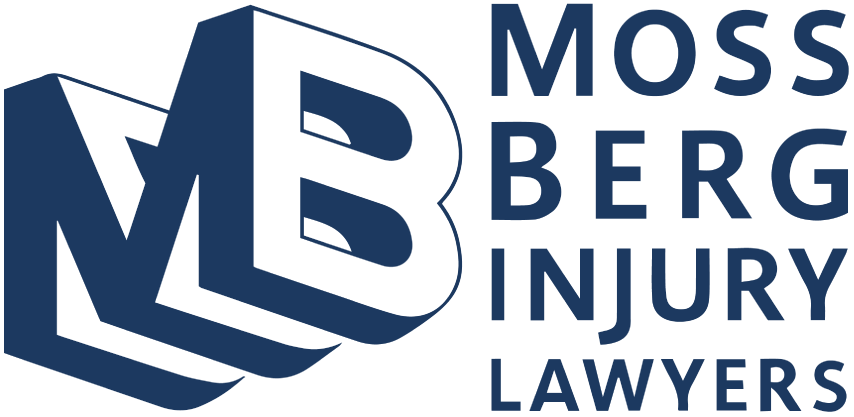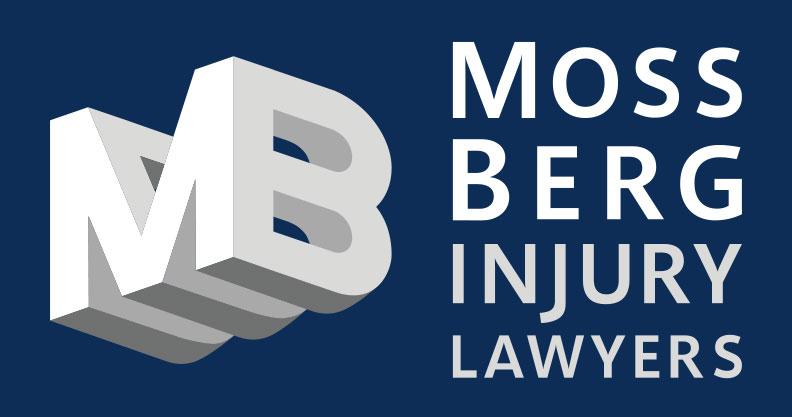by tfarino
Share
Share
While all states recognize personal injury cases, laws often vary from one state to the next. Victims of personal injury accidents must understand some of the basics concerning personal injury law in Nevada.
The Basics of Personal Injury Cases
The term personal injury encompasses a wide range of situations that include injuries caused by animal attacks, automotive collisions, falls, defective products or medical malpractice. Depending on the extent of the damages, victims have the option of either filing a claim through an insurance company or initiate a lawsuit through the court system. Consulting with a Las Vegas accident lawyer provides individuals with the information needed to make an appropriate decision.
Claims vs. Lawsuits
Personal injury claims generally involve minor injuries and are typically settled out of court between the victim and the negligent party’s insurance company. The process involves negotiations that hopefully culminate in a settlement agreed upon by both parties. Although an attorney is not necessarily needed to complete the transaction, having legal representation often times proves beneficial. Lawsuits are filed when negotiations do not produce desirable results or if the victim suffered major injuries resulting in considerable cost. The court system chosen to file the lawsuit depends on the amount of monetary damages.
Comparative Fault State
Nevada is a comparative fault state, which requires that individuals prove negligence before an insurance company or a court awards compensation. Additionally, if a victim shares any degree of fault in the situation that caused the injuries, compensation is reduced based on the percentage of responsibility. If the level of victim responsibility is determined to be 51 percent or more, recovery damages are not rewarded.
Lawsuit Discovery Process
Once a party files a lawsuit, the attorneys on both sides begin a discovery process. Both sides may request and retrieve documents and records from the other to prove or disprove the allegations. Documents commonly include insurance coverage, current and past medical history and a list of costs related to the injury. Witness depositions obtained from interviews are also often used. If the victim or the victim’s family successfully proves liability, the court rules in favor of monetary awards for general or special damages. These damages may include current and future lost wages, current and ongoing medical costs, property damage, loss of quality of life, pain and suffering.


